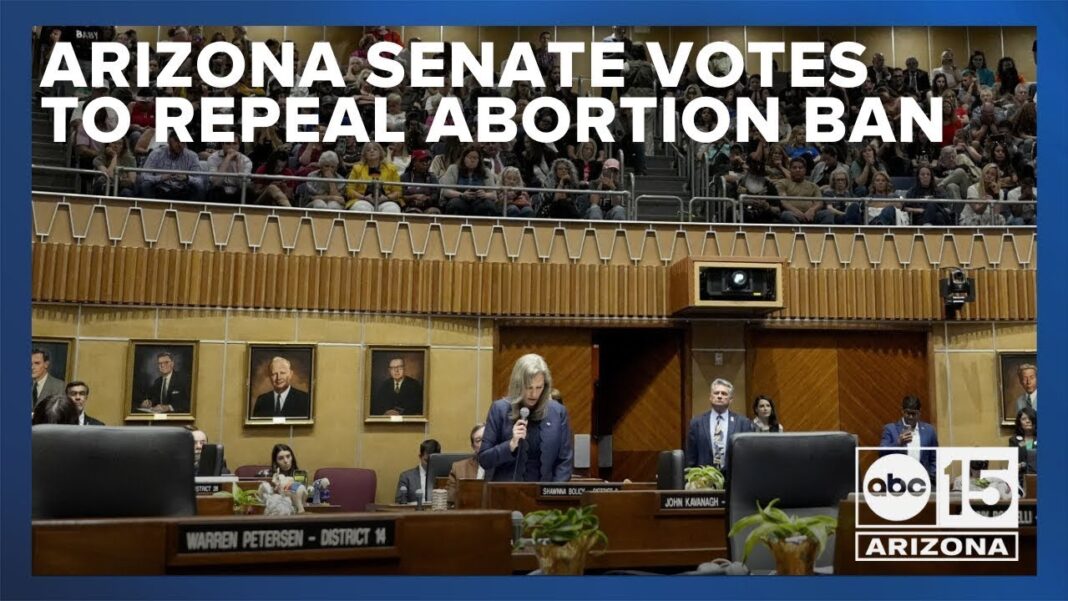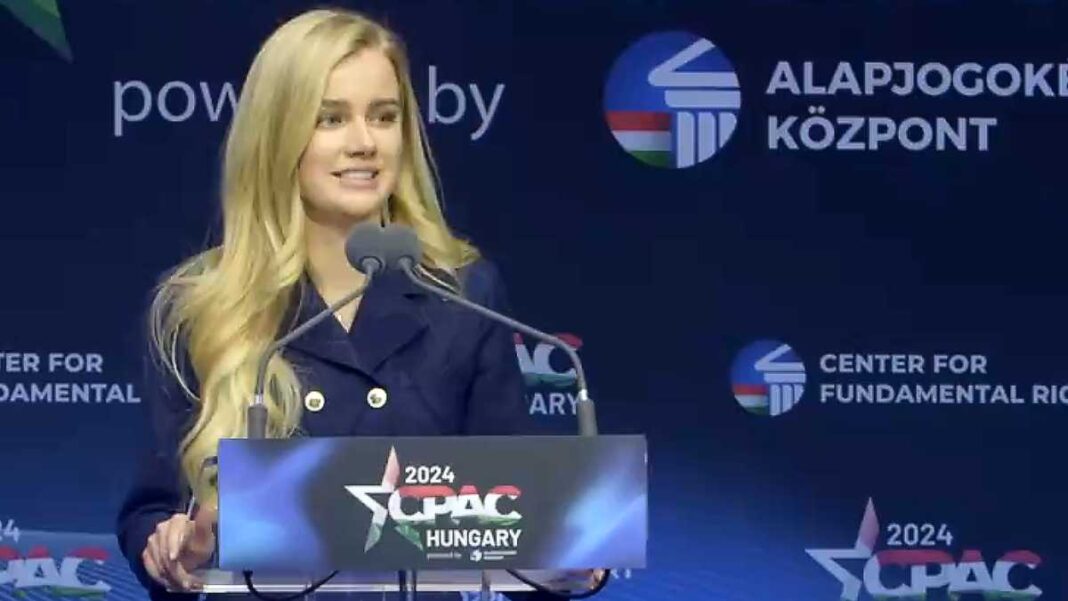Culture is a precious inheritance, immeasurably more difficult to achieve than to destroy, and, once destroyed, almost irretrievable.
The lessons of culture: What are they?
One prominent lesson revolves around the recognition that we are living in the midst of one of those “plastic moments” that Karl Marx talked about.
To revise an old song: Will there always be an England?
That “will there always be …” is everywhere on our lips, in our hearts.
And it’s not just England we worry about.
The law; the economy; the political prospects; changes in our intellectual habits wrought by changes in our technology; the destiny that is demography: America, the West, indeed the entire world in the early years of the 21st century, seems curiously unsettled.
Things we had taken for granted seem suddenly up for grabs in some fundamental if still-difficult-to-grasp way.
Fissures open among the confidences we had always assumed—in “the market,” in national identity, in the basics of social order and cultural value.
The always hazardous art of cultural prognostication seems brittler now, more uneasy, more tentative.
Granted, the parochial assumption of present disruption is a hardy perennial.
As Edward Gibbon observed in “The Decline and Fall of the Roman Empire,” “There exists in human nature a strong propensity to depreciate the advantages, and to magnify the evils, of the present times.”
But we know from history (including the history that Gibbon gave us) that there are times when that natural propensity has colluded seamlessly with the actual facts.
Is there something unique, or at least distinctively different, about the economic crisis that began in 2008, was supposed to have evaporated by now, but that is lingering on if not getting worse?
Has the ideology of transnational progressivism made such inroads among political elites that it threatens American self-determination and individual liberty?
Is America on the brink (or even beyond the brink) of a “fourth revolution”—following on the original revolution of American Independence, the Civil War, and the revolution wrought by FDR’s New Deal—are we, another 90 years on, facing a new revolution that will fundamentally reshape political and cultural life in this country?








